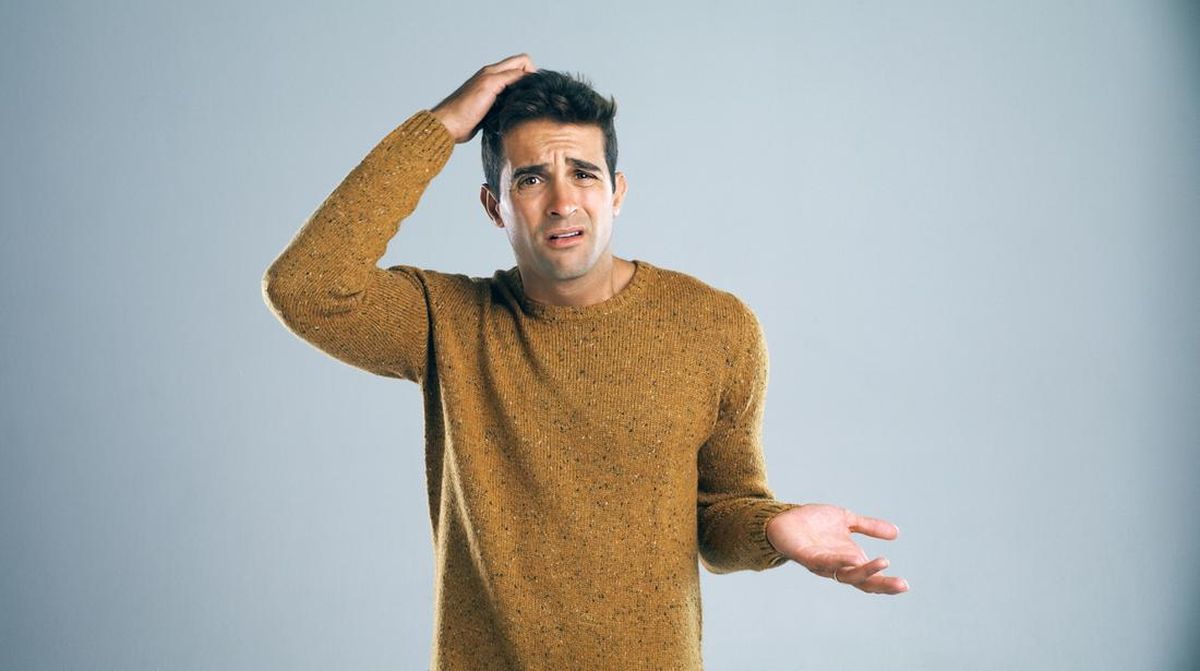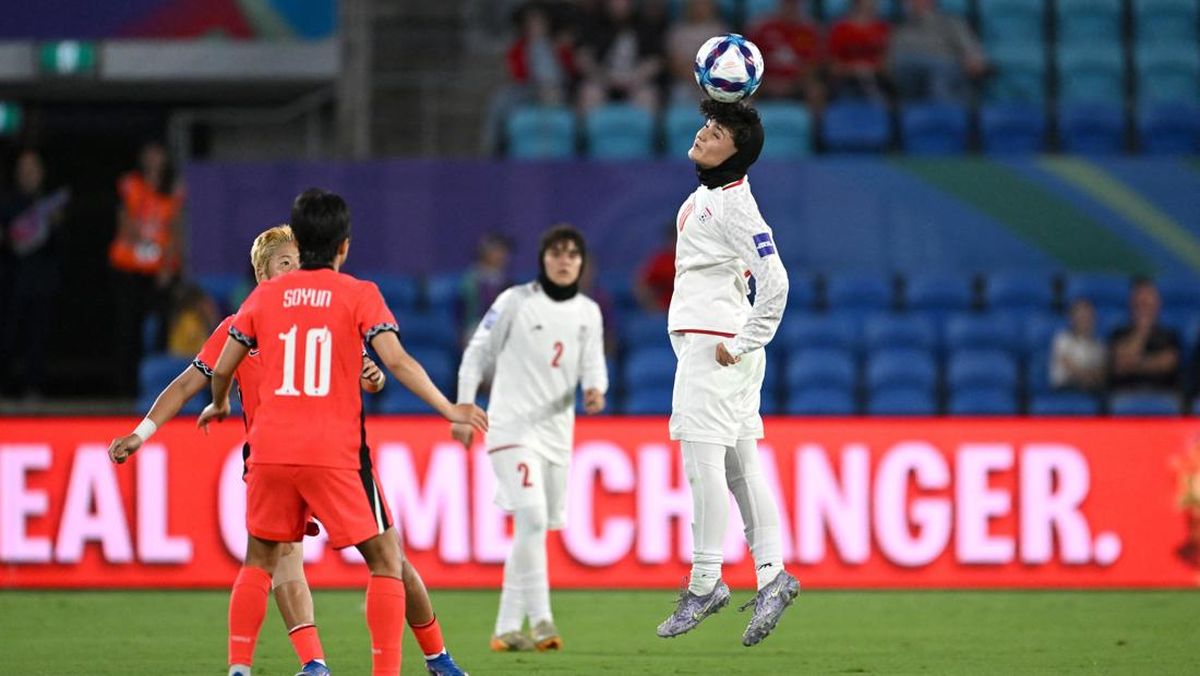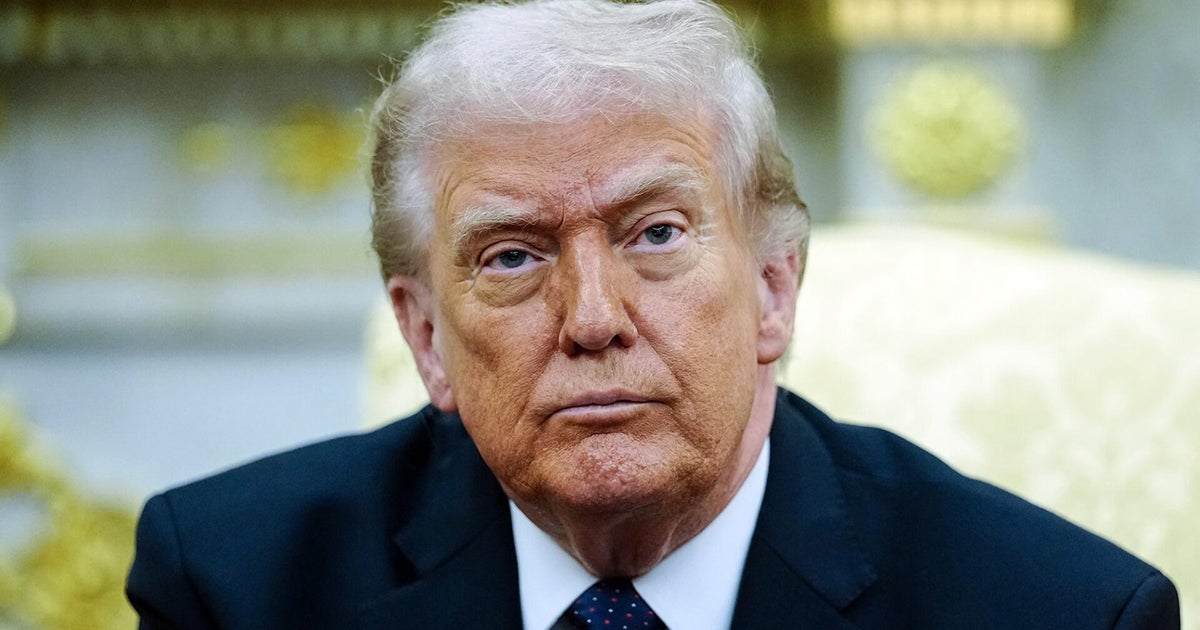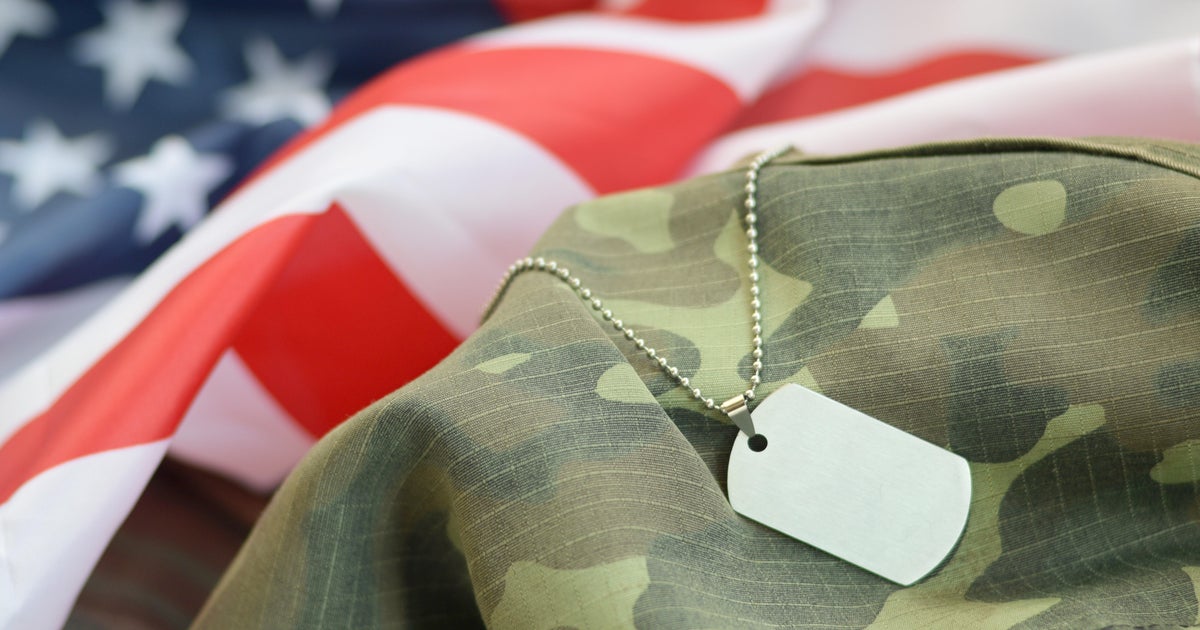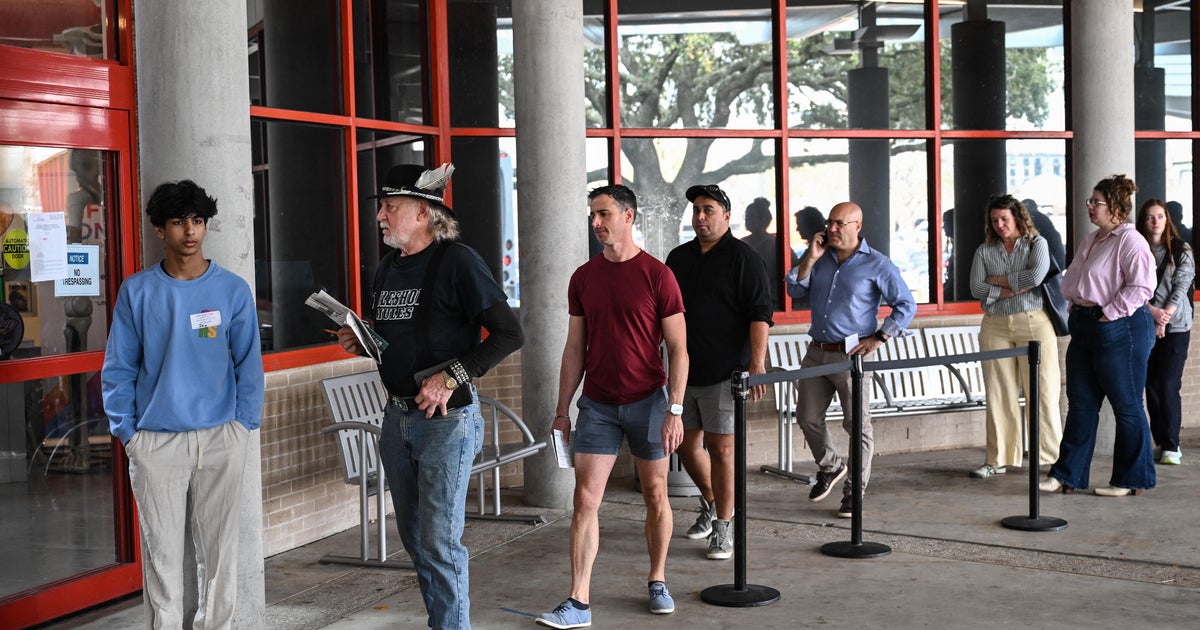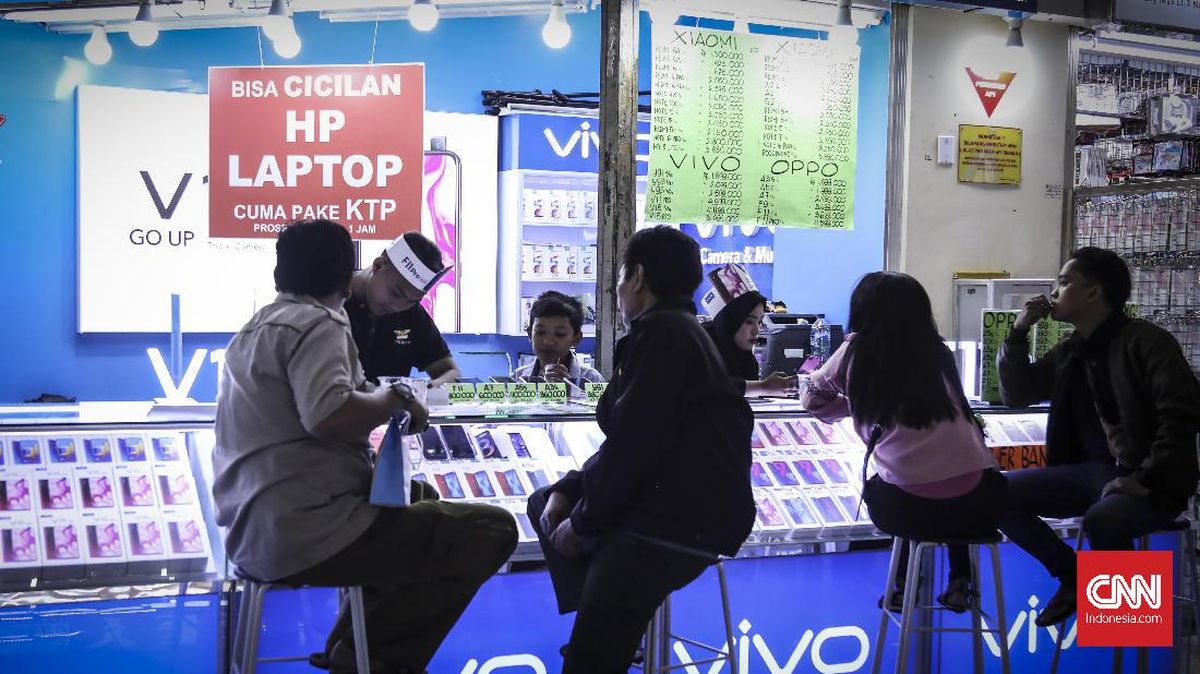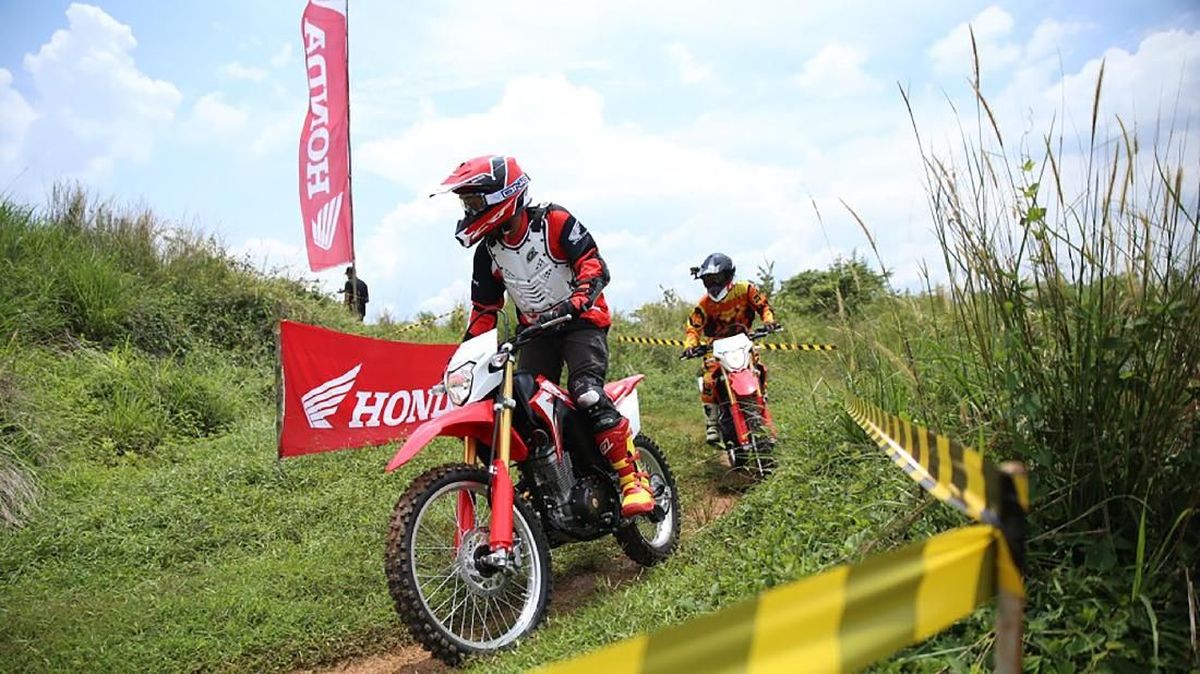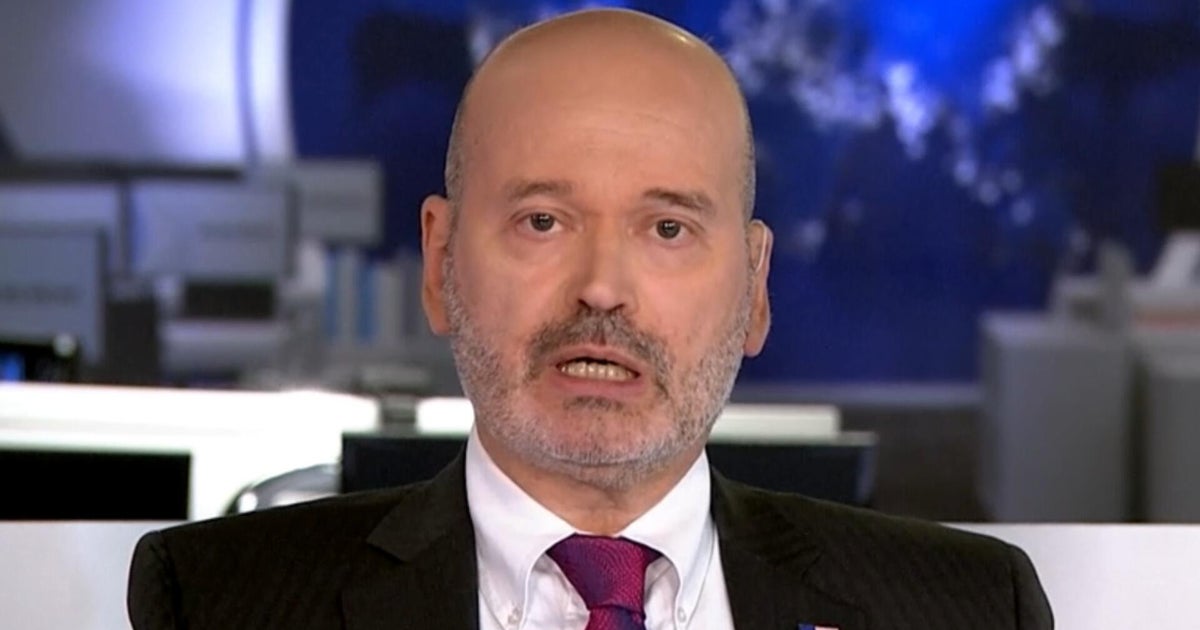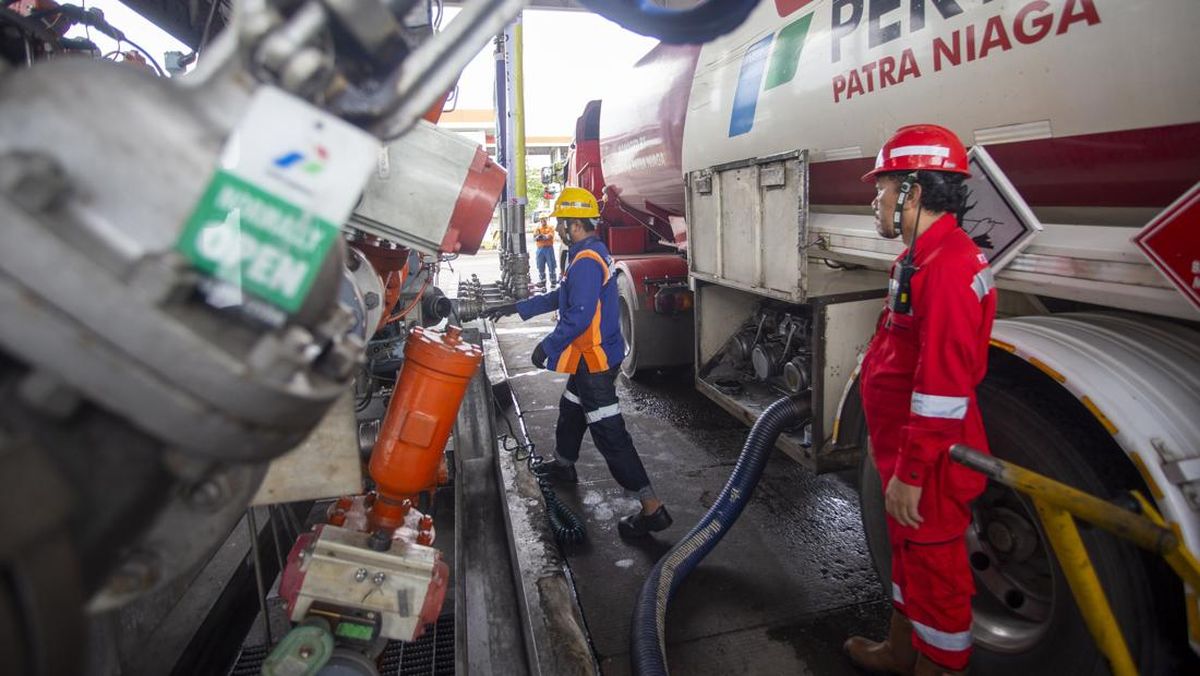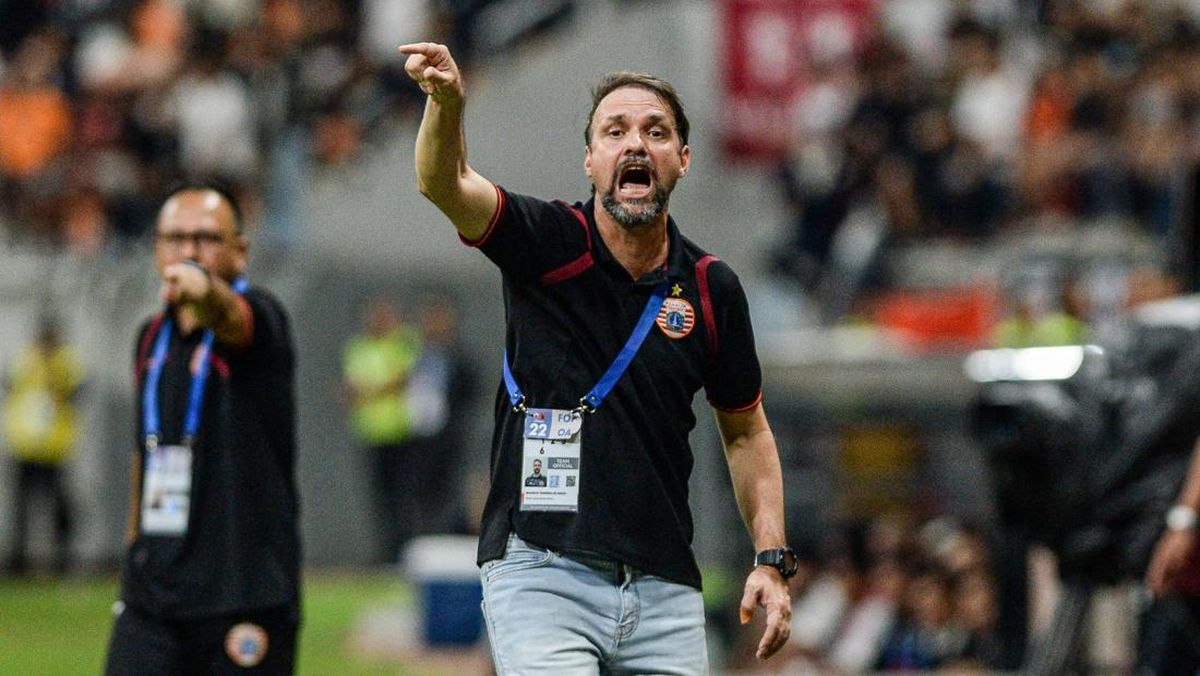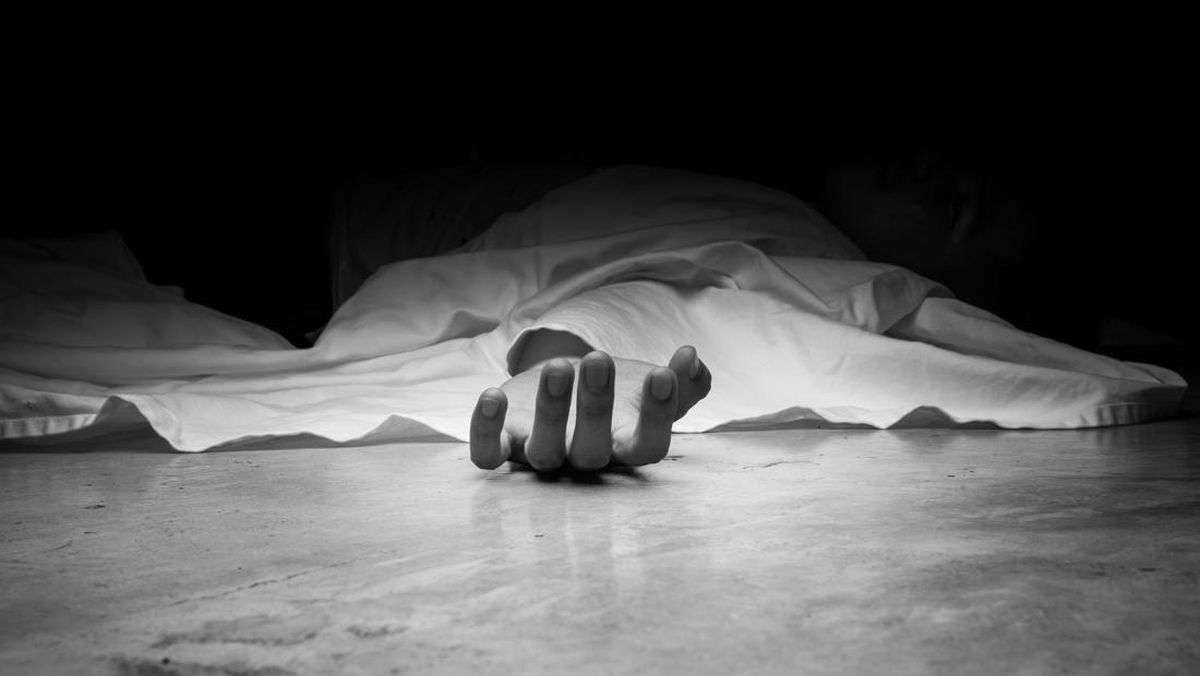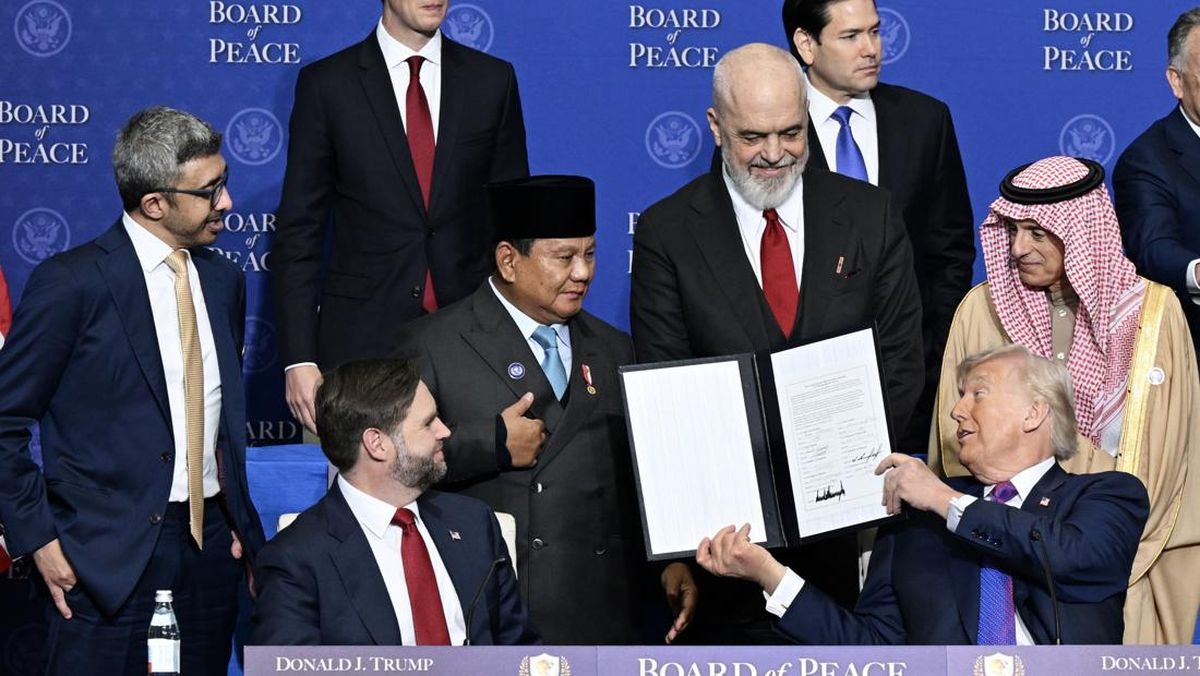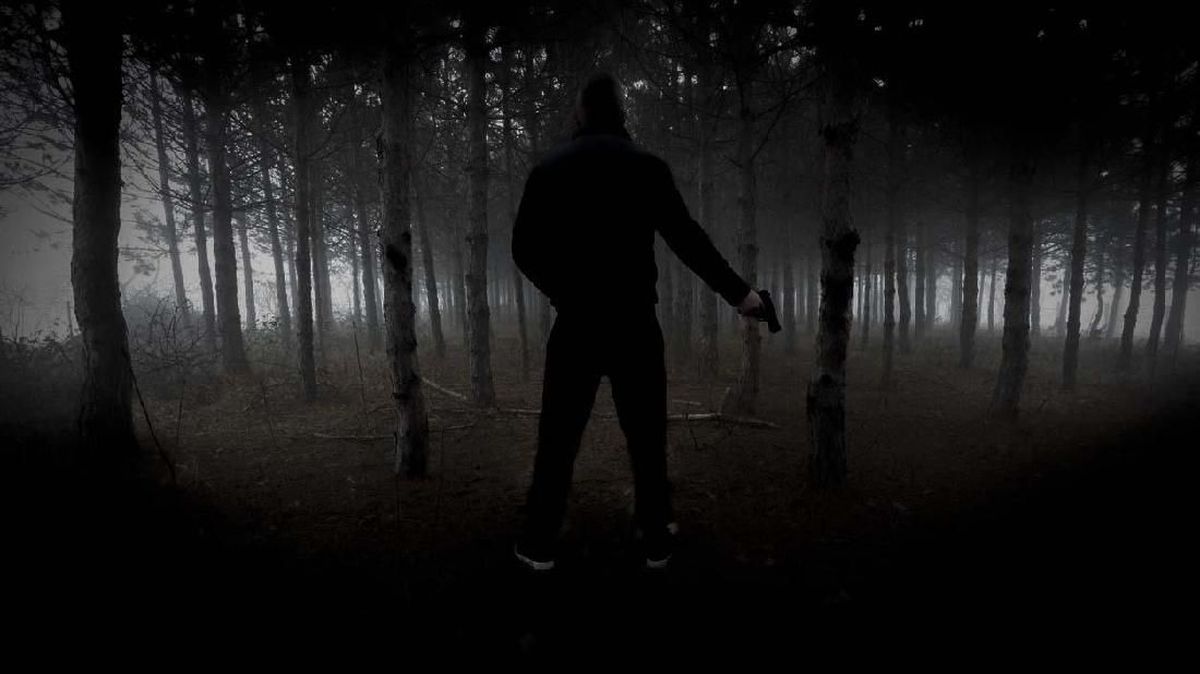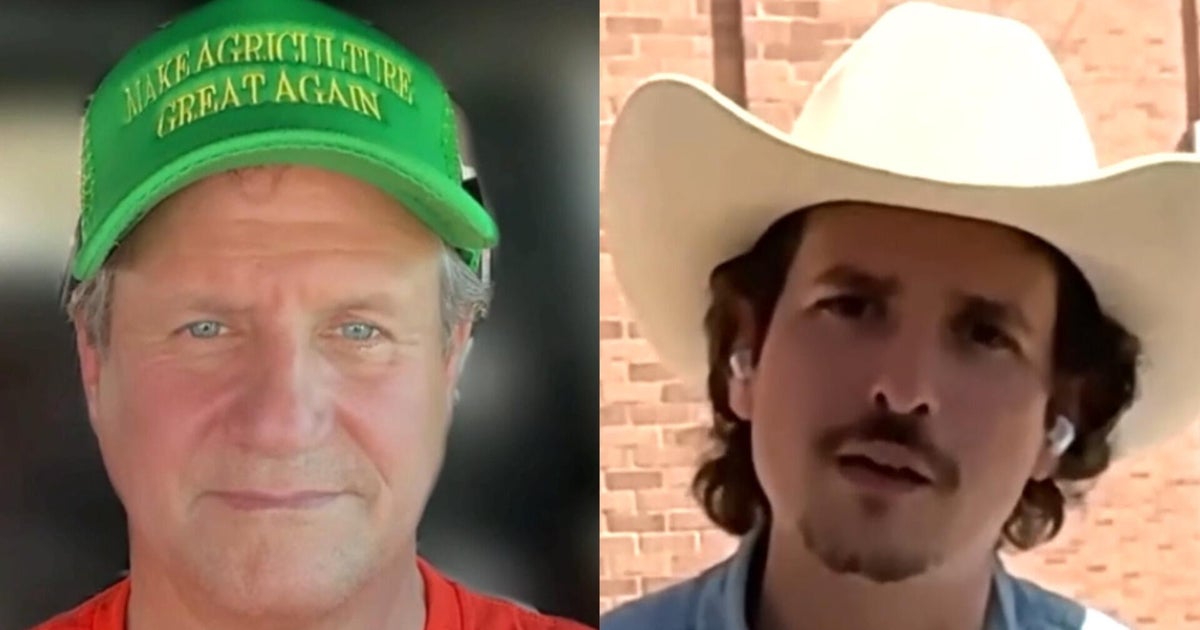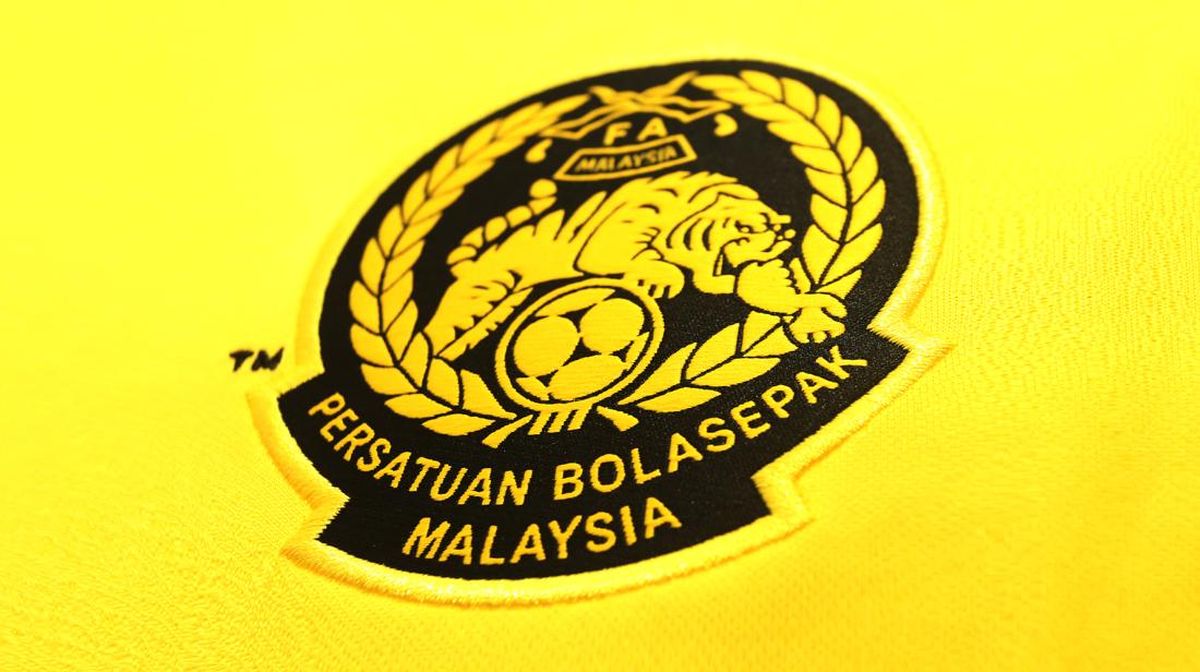Mitch Brown played 94 senior games in a decade-long AFL career with the West Coast Eagles, yet he’s far better known for what he did after he retired – namely, coming out in August as bisexual. When news of his sexuality broke this winter, Brown, 36, became the first publicly queer senior AFL/VFL player (current or retired) in the 129-year history of the competition.
Long before that, he grew up in country Victoria alongside his twin brother Nathan (who played 183 games for Collingwood and St Kilda), the pair honing their skills in chilly Ballarat. Brown, who is straight-presenting, also later married professional netball player Shae Bolton-Brown (with whom he has two sons). He spends his working time now in a consulting role with First Nations people.
It’s been a big couple of months for you … It’s still surreal. I’ve been trying to ride the wave. Even if I wasn’t a footballer coming out publicly, coming out internally to my family and my brother is a big thing for my own life as a human. It’s been a big phase. No one has put any obligation on me to continue to share my story, or advocate for the queer community – particularly in sport – but I do feel like I have this opportunity.
That’s a good way to look at it. The former CEO of the AFL, Gillon McLachlan, once said that the first player to come out would likely carry it as a burden. Whether it’s a burden for me or a gift, I feel while people are listening – and in particular, people that may not have listened before to a queer man – I do have this responsibility as a custodian.
Blunt question. Why are you the first? How did it take more than a century for an AFL player to share this with the world? When I was playing, the conversation around who would be the first person to come out – in the locker rooms (“Who is it?”) was quite toxic in itself – and we would talk about it when it came up in the media. I guess Australian rules football is unique. It’s in its own silo and quite protected. The game is embedded into our psyche and culture. It’s this sacred representation of the Australian man, and it’s built this environment where it’s not safe to step outside of that brand – outside of what it means to be an Australian man and the straightness of that.
Average crowds are 30,000-plus every weekend – there’s a lot of people out there, and you can hear them. And it’s also at this point where your career is so short that it’s not worth it to come out. That was the general consensus from the playing group. Why would you come out? Why would you take on this burden that could potentially disrupt your career, your performance, your team, your ability to make income? Why do that when you can just play it straight in a straight game, then afterwards, ride off into the sunset and do what you want in your community and come out then, public or not?

Mitch Brown at a 2013 AFL game in Perth, playing one of 94 senior games for the Eagles.Credit: Getty Images
I want to go next to a question that comes up every time an athlete comes out: “Who cares?” It’s well-meaning from many people – who want to show that sexuality isn’t a big deal for them – but it’s also dismissive. A lot of people just aren’t equipped enough to know what to say. I remember when one of my good friends growing up, his sister was tragically killed in a car accident, and I was there when he was told over the phone, and I just didn’t know what to say to him, so I probably just blabbered out anything, and there’s an element of that. There was silence from some of my mates for a couple of weeks after I came out, because they didn’t know what to say to me. But with “Who cares?“, I kind of laugh at that, because if you’re consuming that news and commenting on it, you do care.
But also, if someone stands up and steps outside of their box, we’re kind enough to go, “Well done mate, good job, we’ll take you for a day or a few Instagram posts or a few interviews, but if you keep continually talking about this and showing up on my feed, then you’re making me feel a bit uncomfortable: Can you get back inside your box?” But I will always take a beat and remind myself that I need to meet people where they’re at, because if they’re blocking the way to making a safer place, I want to sit down and talk with them, and get them a little closer to that sense of acceptance.
Australian basketball player Isaac Humphries, who is currently the only out gay male professional player in the world, responded to the “Who cares?” question by pointing out that an array of people care deeply. A gay kid growing up playing basketball and feeling unwelcome. Anyone from the queer community who’s suicidal. Any person subject to homophobia. Anyone who might take hope from seeing themselves represented in elite sport. Wow. I got little goosebumps hearing that.
What was the response like for you, maybe starting with the good? Did your phone just light up for the fortnight afterwards? It still lights up.
‘I wanted to shine a light on … your ability as a man to show up as you are, and not what people think you should be.’
Mitch BrownWho did you hear from first? Halfway through my career, there was a workshop we had at the footy club, and a picture came up in a lecture theatre of Daniel Kowalski, the Olympic swimmer. And I loved Daniel Kowalski and Kieren Perkins and how they would verse one another in the 1500 metres, and the photo was his coming-out story. He stood there and he said, “I’m Daniel Kowalski, out and proud,” and I sat there in that lecture theatre, and I felt something. I could just see the joy. My news went out about 11.10am on Wednesday, August 28, and not long after I got a LinkedIn message: the first message I got was from Daniel Kowalski. And for the first time, I let him know that he was my role model.
There were people in the street, young people, middle-aged men, who felt safe enough to confide in me and message me their stories, and there were thousands of those messages. When someone reaches out, and they can’t tell anyone else in the world – not even their partner, not even their parents, their best mates – you’re like, “How can I not take this on?”
There was this kid in my local cafe, and I was sitting down and he comes out from the other side of the bench with the coffee machine, and there’s tears in his eyes, and he goes, “Hey Mitch” – and he’s crying – “I just want to say thank you, I’m a gay man, and you don’t know how much this means to me.” He was shaking. And that was when the enormity of what I had done really hit home.
I’ve always maintained the fact that I didn’t do this for me. I was quite happily out within my own little friendship group and community. I’m straight-presenting with a woman as a partner. I didn’t have to do this, but I wanted to shine a light on homophobia in sport, but more importantly, on your ability as a man to show up as you are, and not what people think you should be.

Mitch (right) aged 10 with his twin brother Nathan, who played 183 games for Collingwood and St Kilda – the pair appearing here for Haddon Primary School.Credit: Courtesy of Mitch Brown
There was homophobia and hate within the reactions, too, but what about the silence? You called out certain football clubs for failing to recognise the moment – for squandering a chance to show fans that they care? The silence was so loud. You hear it and wonder: Are they offended? Are they homophobic? It does hurt. People would go, “Me me me, you’re just an attention-seeker,” but I had so many people contact me and say, “Sorry Mitch, my club didn’t acknowledge anything, and as a queer supporter of that club, it makes me feel like absolute crap.” And that’s the point. The acknowledgement is for them.
What was the reaction like from the AFL head office – did the powerbrokers come to you immediately, asking you to become a kind of diversity and inclusion ambassador? Particular people in league HQ have been amazing – [executive GM of operations] Laura Kane, [chief operating officer] Tom Harley and [GM First Nations engagement and inclusion]Taryn Lee. I have this new opportunity. Maybe I’m more palatable because I’m bisexual, and have a woman as a partner. I won’t be the “angry queer man”, if that makes sense. And the league office has been good: Let’s talk about this, not just be performative about this, let’s actually look behind the scenes and see how we can change things in the men’s competition.
Homophobia has reared its head in the AFL over the past two years, with a handful of players suspended for offensive comments. The most high-profile example happened shortly before you came out, when Adelaide Crows star Izak Rankine was suspended for directing a homophobic slur at a Collingwood opponent – and effectively ruled out for the season ahead of a highly anticipated finals campaign. The two teams then played one another in finals, and Isaac Quaynor (the player who was abused) was booed all night long by the Adelaide crowd. What was it like, hearing that collective howl? I remember watching that. From the football club – the Adelaide coach, the CEO – they had the opportunity to stand up and proudly condemn this behaviour, and say, “This is not what we’re about,” and they didn’t choose to do that. The league office and the AFL – and they’ve seen it with the booing of Adam Goodes, which drove one of the legends out of our game – had the same opportunity to say, “We don’t accept this antisocial behaviour – whether it’s homophobic or racist – because we are striving for a safe and inclusive environment in the stands.” And they didn’t say anything. And what that says to the people in those crowds is, “We’re accepting this.”

AFL player Izak Rankine was suspended for a homophobic comment, but “he’s been amazing since,” says Brown, who reached out to him after the incident.Credit: Getty Images
Let’s go back to Ballarat in regional Victoria, where you attended St Patrick’s College – an all-boys school steeped in stoicism. You’ve noted that homophobic language there was like breathing, and you yourself said homophobic things, too, just to fit in. Is that part of why you reached out to comfort Izak Rankine? Izak has been on the end of a lot of racist comments – he understands what it feels like to be on the other side. I saw him do a press conference and I could see the emotion. I reached out to him to say, “Hey man, you’re not a bad person, you’re an amazing role model for so many people and remember that.” He’s been amazing since. He’s done things outside of what’s expected from the club, and I love that. With people like Izak – and I genuinely mean this – it’s not their fault. It’s embedded in our psyche, our culture, and that’s from a young age – school, what we watch. It’s become this everyday casualness, and it paves the way for more harmful behaviour as a result of that everyday disrespect.
We get really sensitive on calling out a comment or a post or language – whether it’s at the pub or group chat or Mad Monday celebrations – but for young Mitch, who’s sitting there at 17 years old, and he’s flown to the other side of the country, from Ballarat to Perth, and he’s at the pub with grown men and they’re throwing around these casual jokes about being gay. For that hyper-sensitive young, queer person that’s exploring and trying to answer questions inside of himself, he’s going, “Wow, this is not safe. There’s no way I’m sharing that I might be attracted to men.”
But you did try to share that truth, not long after, with a trusted teammate? I got drafted in year 11, first time on a plane, first time away from my twin brother, so I had this forced coming-of-age moment. I felt more ability to shape my identity and I started to build confidence in that, and I thought about these things I’m asking myself – Am I gay? Maybe I like men? Maybe I could tell a close teammate? – and I did.
I said, “How do you know when you’re gay?” And he handled it like a joke. Treated it like a joke. And I saw that and it was like instant damage control – let’s turn that into a joke, too – and I said some homophobic things and joined in that, and then I buried those questions and thoughts deep down, and never let them out until post-football. He was one of the first to reach out when I came out.
Loading
Putting recent news aside, what did you love about footy? I smile as you ask that. I speak about these moments of not being able to show up as myself, but I bloody loved the game, and I’m so grateful and privileged that I had so many amazing opportunities, through income, people who wanted to know me, and I got to travel the world, and I did have fun. I loved my teammates. It’s a hard one. I love the game so much and what it represents to so many people – the week-to-week competitiveness, the battle, the stories, everything about it, the training over summer, the want to get better – and doing that alongside your mates? There’s no better thing in the world. The reason I decided to come out publicly is because I love the game so much.
One of the things I feared most about exiting when I finished up was related to being able to put that jumper on, and the gift it gave you by having an impact on someone’s life by doing so little. I remember I went to a kids’ hospital, and there was a very sick child, I was there for a minute, they knew I was a player but didn’t know who I was, and it was the best part of their day – they just lit up – and I sat in the car park afterwards and was like, “Wow, when I finish, this is what I’m going to miss most.” And then I left the game and realised we don’t have to have an AFL guernsey on to have an impact on someone’s life.
From there, I just craved meeting people. At school I didn’t choose who my classmates were, and in footy the recruiters chose my teammates. After footy, for the first time, I had the chance to choose my own community – the people who I wanted to be around and the jobs I wanted to do – and that’s when I started to really crave connecting to my identity, and I started to build confidence in who I was, people loving and seeing who I am in all my glory and imperfections, including my sexuality, and not feeling ashamed or embarrassed about that.
You questioned whether being bisexual and straight-presenting – instead of gay – meant you weren’t the right person to be “the first”? You also wondered if you weren’t a good enough footballer – the right champion to be “the one”? For years I’d have conversations with people and they would say, “Mitch, you really should say something. It could mean a lot to people.” And when I approached the journalist about doing this, he asked, “What’s your biggest fear in all this?” And it was that people would think I’m a fraud or an imposter. I still go through that now. I have my own internalised biphobia. I’ve heard a lot of people in the queer community go, “We love your work and we love your voice, but what we really need is a gay man to walk down the red carpet at the Brownlow, holding his husband’s hand.” A lot of things held me back from coming out. For years. But I heard this snippet when I was overseas in Italy with my partner, and it was that the AFL had gone 129 years without a queer player, one of the only sports in the world, and I was just like, I’ve had enough of this, because it’s not true, and it’s not just me. There’s so many others. Let’s just get rid of this stat.
Loading
Ever the stats-driven athlete, a decade after you retired? That was my true KPI I’m most proud of.
What’s next? Keynotes? Settling into a role as unofficial spokesperson every time someone calls for a Pride round? I’ve asked a lot of people for advice on this one. The story came out, and by 3pm I had a missed phone call, and I called it back and it was Sam Mostyn, the governor-general of Australia – OK, wow – and she was so nice and she said, “Did you have any questions for me?” And I was like, “What do I do now?” And she answered “Don’t stop. Keep speaking out. Keep speaking for those who can’t. Keep speaking for those who don’t have the same support.”
I’m so lucky. I walk a little bit taller and I’m proud of who I am and my queerness, and I just want to be able to share that love and support. Yes, there’s some things I want to get my hands dirty with, especially in the men’s AFL competition, and the culture in the locker rooms around safety and inclusivity. I want to change things, help make reforms, and share my perspective with players, but I also just want to be there for people who don’t have anyone to look up to, especially young boys who are playing football. I want to keep showing up for them.
To read more from Good Weekend magazine, visit our page at The Sydney Morning Herald,The Age and Brisbane Times.

